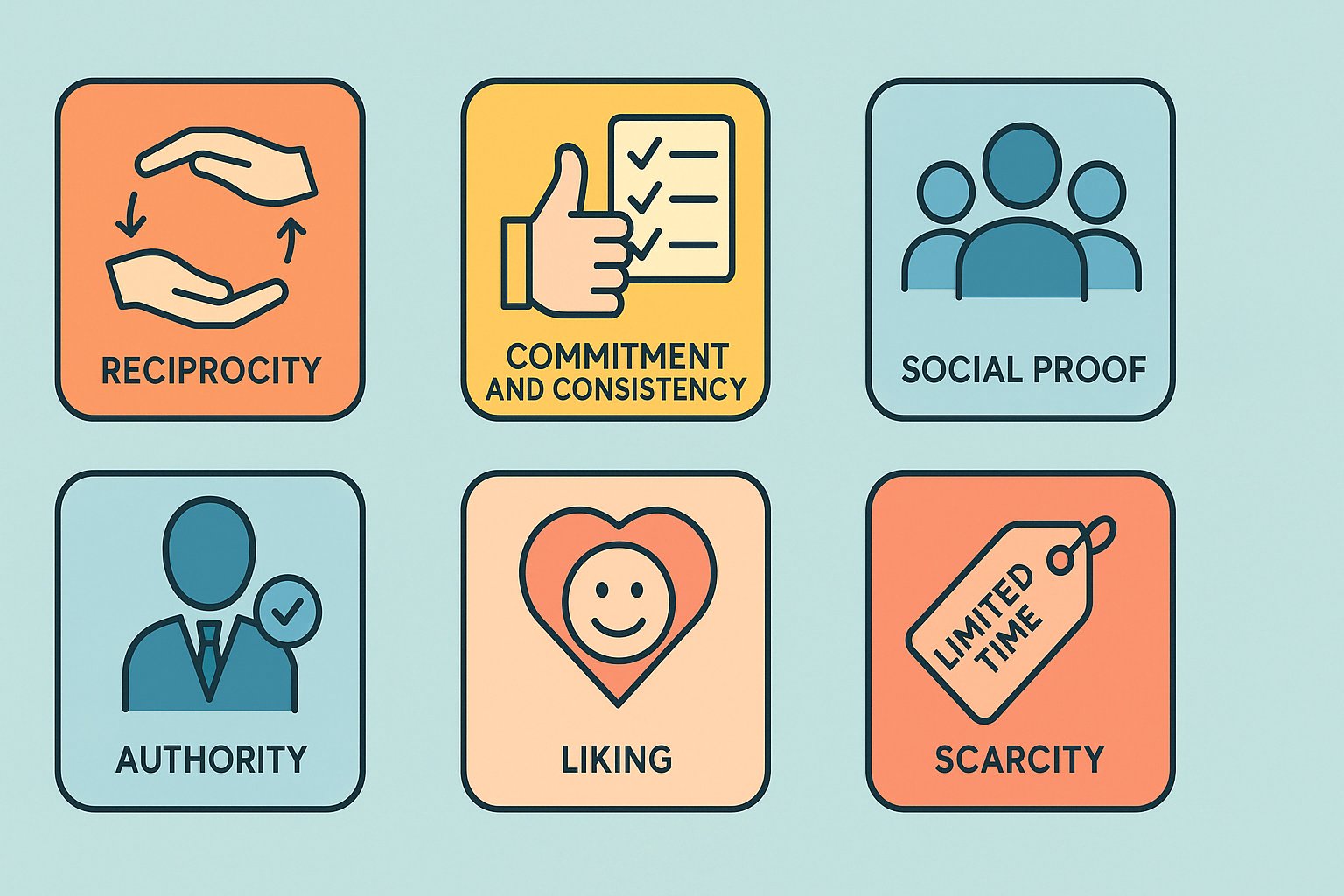Jan23

As someone who has worked in multiple industries during my 30-year career in Information Technology & Service Management, I am acutely aware that staying ahead of the curve is essential in all fields, especially in the dynamic world of travel and hospitality.
In this article, I'd like to shed light on three crucial aspects:
The travel and hospitality sector relies heavily on technology and delivering memorable customer experiences – memorable for the right reasons!
In a world driven by digital innovation, efficient IT systems, robust service management, and measuring customer experience through Experience Level Agreements (XLA's) can make or break a business.
Here's why they are paramount:
Efficiency and Customer Experience: IT streamlines operations, from online reservations to check-in processes. It ensures seamless transactions and enhances the overall customer experience.
However, it's not just about smooth processes; it's about measuring and improving customer experience. This is where Experience Level Agreements (XLAs) come into play. XLAs focus on the outcomes and experiences that IT and service management deliver. By setting clear expectations and measuring the customer experience against those expectations, you can continuously improve and align your services with customer needs and preferences.
For further information on effectively designing human-centred thinking in IT, I recommend visiting https://hitglobal.services/ and learning more about Humanising IT™, a technique and methodology that uses the travel industry as its case study.
Data-Driven Decision Making: IT systems provide a wealth of data. Leveraging this data through analytics, including XLA data, allows you to make informed decisions, adapt to market trends and pivot during these VUCA1 times.
Straightforward customer and stakeholder-agreed measures provide valuable insights into where service improvements are needed to enhance the customer experience.
Cybersecurity: The travel industry is a prime target for cyberattacks due to the vast amount of sensitive customer data. Effective IT service management and security measures, including XLAs for security incident response and resolution times, are non-negotiable to protect your business and customers. Measuring security-related XLAs can help ensure that your cybersecurity efforts are above par, and that customer data remains secure.
Communication is critical in any industry, and even more so in this modern connected age.
Crucially, this applies within your organisation and between different sectors of the travel and hospitality industry. Here's why fostering this communication is crucial:
Seamless Travel Experiences: Travellers don't see your industry as separate sectors; they see it as one journey. Effective communication between airlines, hotels, transportation providers, and local attractions can create a seamless and memorable travel experience. These communications are often delivered via technology services; how you design, operate and continually improve these services is critical to your success. How you integrate partners using methodologies such as SIAM (Service Integration and Management) can separate you in a positive light from your competitors. For more info on SIAM visit: What is SIAM
Issue and Incident Resolution: When issues arise, whether a flight delay or a hotel reservation glitch, quick and efficient communication can differentiate between a frustrated and satisfied traveller. Collaborative working across boundaries is essential. SIAM can help here by ensuring suppliers share measurements and critically that they share cultural intent.
Market Insights: Sharing insights and market data with partners across the industry can help everyone adapt to changing customer preferences and market dynamics. Together, you can stay ahead of the competition and get ahead of the curve in this VUCA1 world.
I think it’s fair to say that each of us understands the importance of sustainability. Technology and its delivery via IT Service Management plays a significant role in achieving sustainable goals in travel and hospitality. IT Service Management can be used to inform and address this with further information at: ISO/IEC 20000-1:2018 and the UN Sustainable Development Goals
Eco-Friendly Practices: Sustainable technology, such as energy-efficient systems and green building designs, can reduce the carbon footprint of hotels and transportation services, as can supplying electric vehicle charging delivered via renewable energy sources to your customers as a socially sustainable service option.
Digital Alternatives: Encourage the use of digital alternatives to traditional paper-based processes. E-tickets, digital room keys, and mobile check-ins enhance convenience and reduce waste; each forms core considerations when utilising IT Service management to design or improve digital service offerings.
Data-Driven Sustainability: IT and its associated service management practices and ISO standards can help you track and manage resource consumption, leading to more innovative, sustainable choices in areas like energy and water usage.
In conclusion, the travel and hospitality industry is at a crossroads where IT, service management, and sustainability intersect. Embracing these aspects is a strategic move and a necessity for long-term success. Efficient IT systems and service management improve operations, while communication between sectors creates a holistic travel experience.
Moreover, adopting sustainable technological advancements contributes to a more eco-friendly and socially responsible industry. Win-win-win…..
Thanks for reading; for more information and to connect, please visit us at www.solsevenstudio.com
Footnote 1: VUCA – Volatile, Uncertain, Complex, Ambiguous
About David Barrow, CITP FBCS
David Barrow, CITP FBCS, is an accomplished professional with an extensive background in IT service management. He holds the titles of ITIL 4® Master, ITIL v3 Expert, VeriSM™ & Agile AdapT Professional, and serves as a SIAM Community Champion.
As an author, Barrow has contributed to the field with notable works such as "An Education in Service Management" and "Co-Creating Value in Organisations with ITIL 4."
Actively engaged in industry committees, he participates in the British Computer Society (BCS) Information Technology Service Management/Asset Management Committee, British Standards Institute (BSI) Information Technology Service Management Committee, and the ISO 20000 Service Management Committee.
Recognised as a Chartered Information Technology Professional (CITP) and Fellow of the British Computer Society (FBCS), David Barrow is dedicated to advancing IT practices.
Learn more about his expertise and contributions at www.solsevenstudio.com.
This article was originally published via https://www.flyingcarpetnews.com/navigating-the-future-it-service-management-and-sustainability-in-travel-and-hospitality in December 2023
Keywords: Sustainability, Climate Change, IT Strategy
 From Forced Labour to Flood Zones: What You Don’t Know About Your Suppliers Can Hurt You
From Forced Labour to Flood Zones: What You Don’t Know About Your Suppliers Can Hurt You Title: Why Change Fails - and What to Do About It?
Title: Why Change Fails - and What to Do About It? Cialdini’s Principles of Persuasion in Customer Loyalty Programs
Cialdini’s Principles of Persuasion in Customer Loyalty Programs Beyond the Framework: The Real Architecture of Ethical AI Governance
Beyond the Framework: The Real Architecture of Ethical AI Governance The Four Tests Every Strategy Should Pass
The Four Tests Every Strategy Should Pass